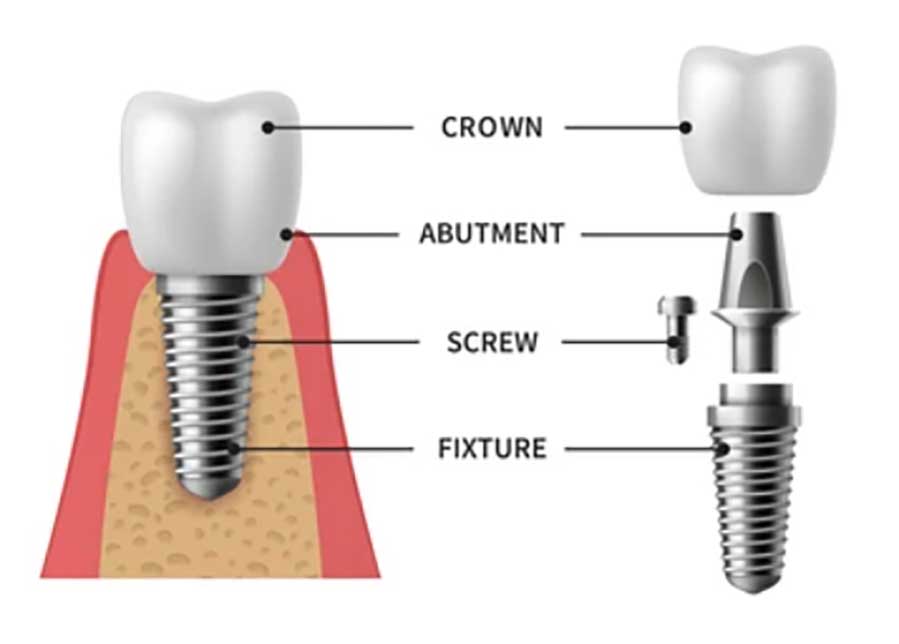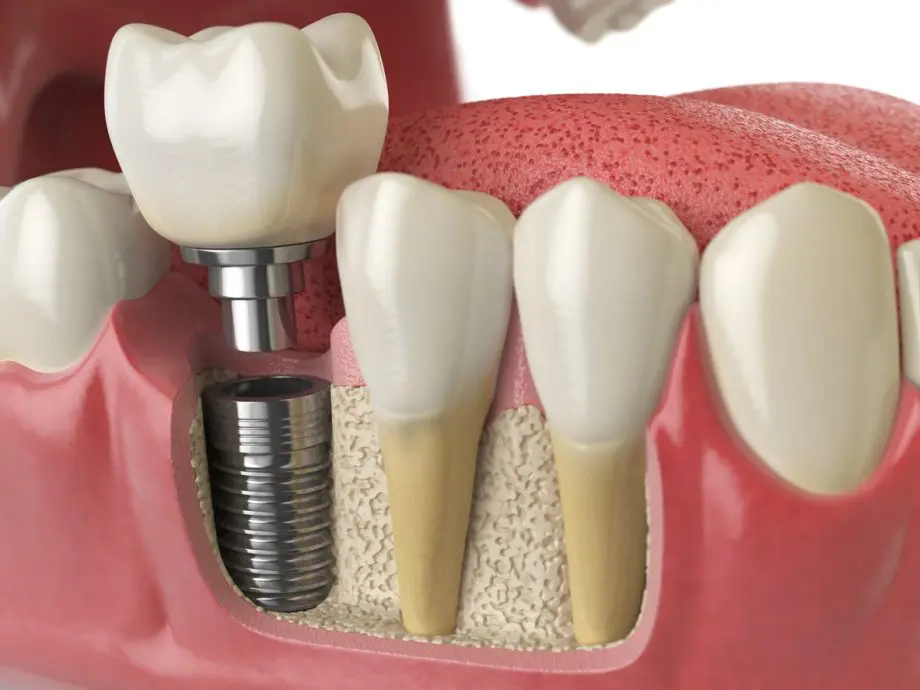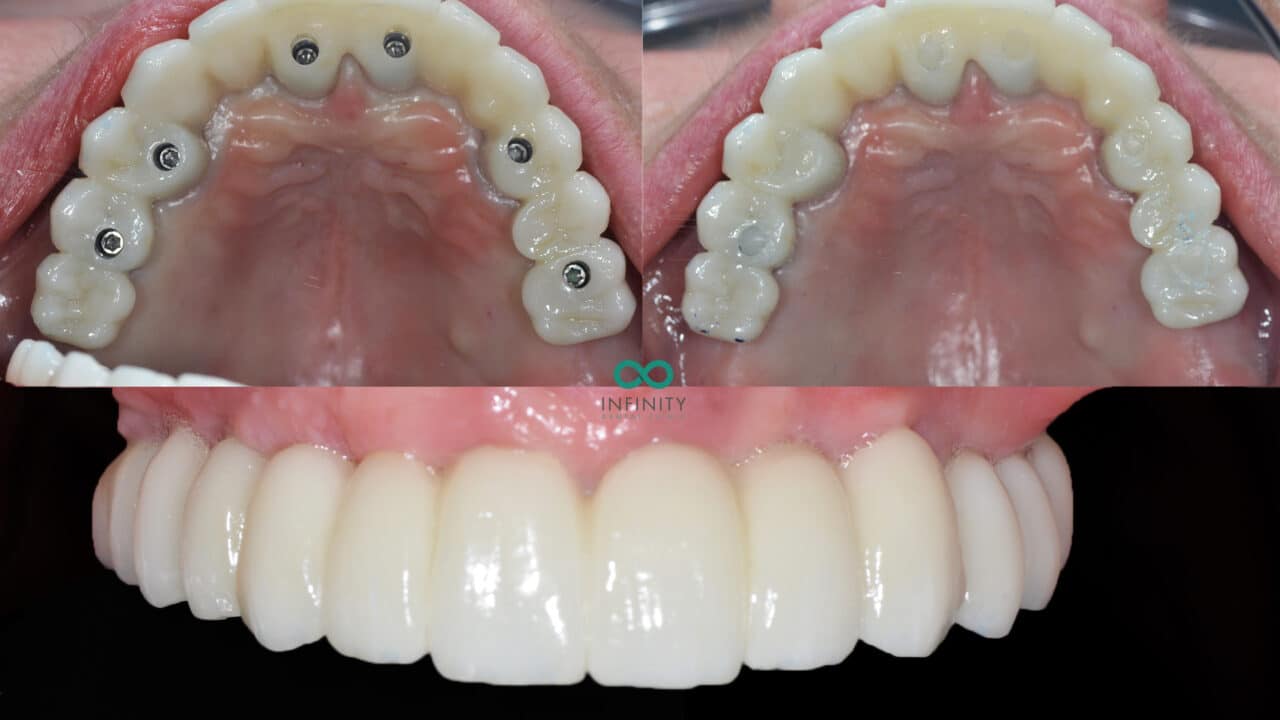Dental Care New Albany OH Dental Implant Recovery
Dental Care New Albany OH Dental Implant Recovery
Blog Article
Mono Implants Centerburg OH Common Dental Implant Problems and How to Avoid Them
Dental implants have emerged as a preferred alternative for people looking for a long-term solution to tooth loss. One important side of understanding dental implants includes their effect on adjacent teeth. This is particularly essential for guaranteeing the health and longevity of the whole dental structure.
When a dental implant is positioned, it mimics the perform of a natural tooth root. By doing so, it helps keep the integrity of the encompassing bone structure. Natural teeth depend on a balanced, interconnected system for assist, and dental implants can contribute positively to that dynamic. The stability offered by the implant allows for better distribution of chunk forces, which might prevent undue stress on adjacent teeth.
Pediatric Dentist Johnstown OH Affordable Dental Implants: Finding the Best Value
In cases where a tooth is missing, the neighboring teeth might shift into the vacant house. This shifting can result in misalignment and various other problems. By inserting a dental implant, the chance of this shifting is lowered, because the implant acts as a placeholder that preserves the natural alignment of surrounding teeth. This preventive impact is essential for long-term oral health and function.
Another important consideration is bone loss. When a tooth is lost, the jawbone in the area can start to deteriorate because of an absence of stimulation. Dental implants help prevent this bone loss by providing the necessary stimulation to the jawbone, very like a natural tooth root would. This preservation of bone not solely helps the implant itself but additionally contributes to the soundness of adjacent teeth.
The type of material used in dental implants, typically titanium, has a unique property of osseointegration, which means it fuses with the bone over time. This integration offers a sturdy foundation for the artificial tooth while ensuring that the implant doesn’t negatively have an effect on surrounding structures. As the implant integrates, it creates an environment that contributes positively to the health of the adjacent teeth.

Regular dental check-ups play a vital role in monitoring the impact of dental implants on adjacent teeth. Professional assessments might help establish any issues which will come up, guaranteeing prompt remedy and sustaining the health of the complete dental arch. These evaluations might include X-rays to examine for bone density and the general condition of the implant and surrounding teeth.
Dental Care Associate Johnstown OH Your Local Guide to Dental Implants
Oral hygiene practices are very important for individuals with dental implants. Proper brushing and flossing habits not only contribute to the longevity of the implant but additionally be positive that adjacent teeth remain wholesome. Food particles and plaque that accumulate across the implant may cause problems, including peri-implantitis, an inflammatory condition that may have an result on surrounding teeth and tissues.
The positioning of dental implants can influence the health of adjacent teeth. If an implant is positioned at an angle or not correctly aligned, it may result in elevated pressure on neighboring teeth. This misalignment may trigger wear and tear on adjacent enamel, probably resulting in cavities or other dental points. Therefore, the talent and experience of the dentist performing the implant procedure are paramount in attaining a successful consequence.
In some instances, additional procedures could also be necessary to arrange the encompassing area for an implant. Bone grafting or sinus lifts can help create a greater surroundings for the implant. While these procedures are aimed at enhancing the site for the implant, in addition they serve to guard the health of adjacent teeth by creating a more steady foundation.
Mono Dental Implants Hartford OH Are Dental Implants Permanent? What You Should Know

As dental know-how evolves, developments in implant techniques result in better outcomes. Improved imaging strategies and computer-aided design permit for more exact placements that minimize risk to adjacent teeth. With these developments, the probability of issues that would come up from improperly positioned implants diminishes significantly.
Post-operative care additionally plays a important position in ensuring that adjacent teeth stay unaffected. Patients should adhere to the dentist's instructions concerning food regimen, oral hygiene, and follow-up visits. Neglecting these pointers might result in problems that impression not only the implant but additionally the neighboring teeth.
Dental Implants Sunbury OH Your Local Guide to Dental Implants
In conclusion, dental implants, when positioned accurately and cared for correctly, have the potential to boost the health of adjacent teeth somewhat than detract from it. They preserve alignment, stimulate bone development, and supply a safe basis that helps the complete dental structure. Understanding how dental implants have an result on adjacent teeth emphasizes their significance as a long-term tooth replacement resolution. With steady developments in expertise and strategies, the combination of dental implants into restorative dentistry is turning into more and more successful, making certain healthy and functional smiles for years to come.

- Dental implants prevent adjacent teeth from shifting into the hole created by a missing tooth, serving to to maintain proper alignment within the mouth.
- The rebuilding of the jawbone by way of an implant can stimulate surrounding teeth and keep them healthy by providing essential bone density that may otherwise diminish.
- Adjacent teeth benefit from the stabilization that dental implants provide, decreasing the chance of damage and tear from misalignment during chewing.
- Implants can shield adjacent teeth by appearing as a framework, which might distribute bite forces evenly across the dental arch as an alternative of putting undue stress on neighboring teeth.
- When positioned accurately, dental implants decrease the risk of gum disease which can affect adjacent teeth by maintaining a clear and wholesome gum line.
- The presence of an implant can facilitate an improved oral hygiene routine, because it eliminates the necessity for bridgework that might entice meals particles round adjacent teeth.
- Regular dental check-ups can reveal how well the implant integrates with surrounding structures, ensuring ongoing health for adjacent teeth.
- Implants can prevent the natural process of bone resorption that occurs after tooth loss, positively impacting the stability and longevity of adjacent teeth.
- The use of dental implants might reduce the necessity for more invasive procedures in the future, providing a long-term solution that maintains the structure of the entire dental arch.
- Successful integration of an implant into the dental arch enhances overall oral function, often resulting in improved confidence and oral health for adjacent teeth.undefinedHow do dental implants have an effect on adjacent teeth?
What impact do dental implants have on the alignment of adjacent teeth?
Dental implants generally prevent the shifting of adjacent teeth, helping to take care of proper alignment. This stability can cut back the chance of growing chunk points over time.
Can dental see here now implants cause damage to nearby teeth?
When positioned accurately by a professional skilled, dental implants mustn't damage adjacent teeth - Premier Dental Centerburg OH. However, improper placement or insufficient planning could lead to complications
Dental Implants Sunbury OH Dental Implant Services: Find the Best in Your Area
Do dental implants require any special resource care relating to adjacent teeth?
Maintaining good oral hygiene is important. Surrounding teeth ought to be brushed and flossed often, and routine dental check-ups will assist ensure that both the implants and adjacent teeth stay wholesome.

Will dental implants influence the health of my surrounding teeth?
Dental implants can enhance the health of surrounding teeth by distributing bite forces evenly, decreasing put on and tear. Additionally, they can prevent bone loss in the jaw, which might have an effect on adjacent teeth.
Dental Clinic Johnstown OH Dental Implants Cost Breakdown: What You Need to Know
Are there any long-term effects of dental implants on nearby teeth?
Long-term, dental implants can help protect the health of adjacent teeth by stopping shifting and potential gum issues, finally contributing to better oral health overall. - Dentist Office Granville OH
Can gum problems come up around adjacent teeth after getting implants?
If proper dental care is uncared for, gum issues may develop round both the implants and adjacent teeth. Following post-operative care instructions is crucial to attenuate these risks.
Dentist Office Sunbury OH Are Dental Implants Permanent? What You Should Know
How do dental implants evaluate to bridges in terms of adjacent teeth?
Dental implants are usually helpful as they don’t require alteration of adjacent teeth, in contrast to bridges, which necessitate reshaping of nearby teeth for assist. (Dentists Johnstown OH)
Can I site here still get cavities in adjacent teeth if I truly have dental implants?
Yes, adjacent teeth can still develop cavities if not correctly cared for. Dental implants themselves can't get cavities, however they require vigilant hygiene practices to guard surrounding natural teeth.
What is the success rate of dental implants in relation to surrounding teeth?
The success rate of dental implants is excessive, nevertheless it largely depends on the quality of the procedure and ongoing care. Well-maintained implants often lead to better outcomes for adjacent teeth as well.